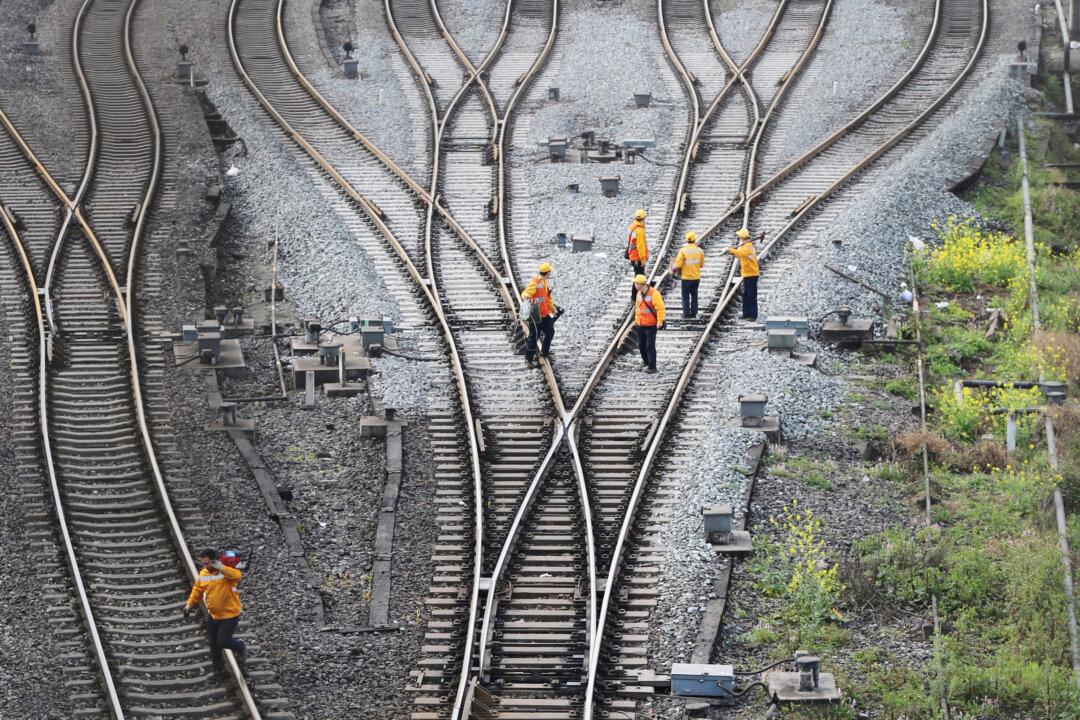BEIJING/BRUSSELS—China is struggling to ease worries about Chinese leader Xi Jinping’s signature plan to build a new Silk Road as it readies for a major summit in late April, especially among Western nations wary about debt, transparency, and Chinese influence.
While China gained a major victory by convincing Italy to become the first G-7 nation to formally sign on to the plan in March during Xi’s visit to Rome, others in the West have been less keen to jump on board, though many have kept an open mind.





